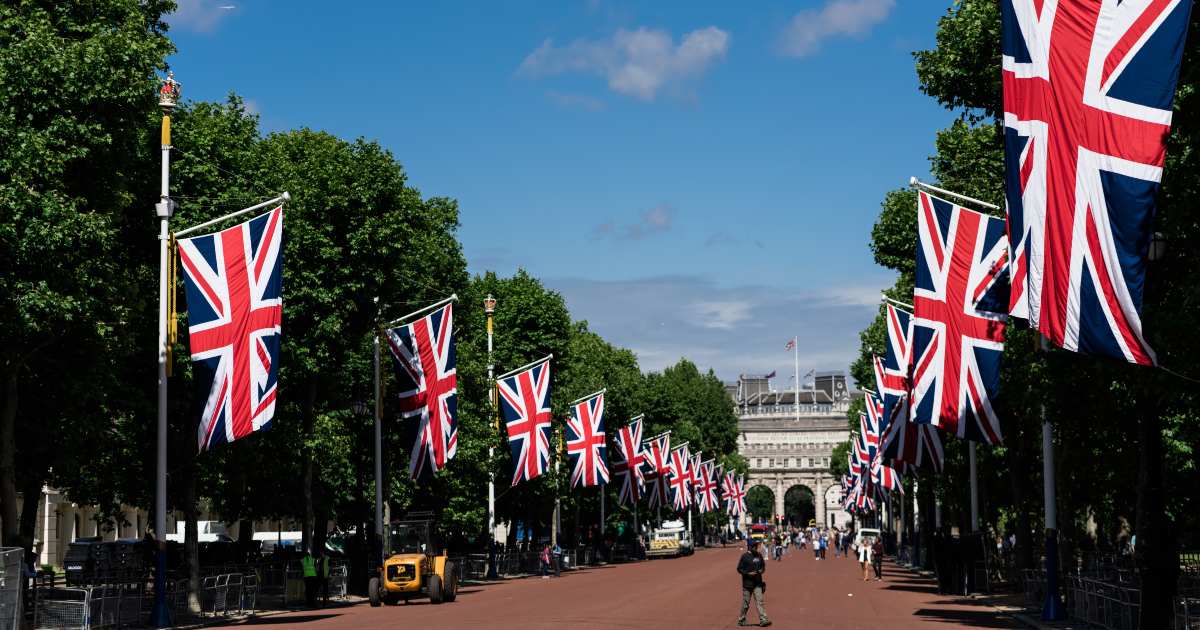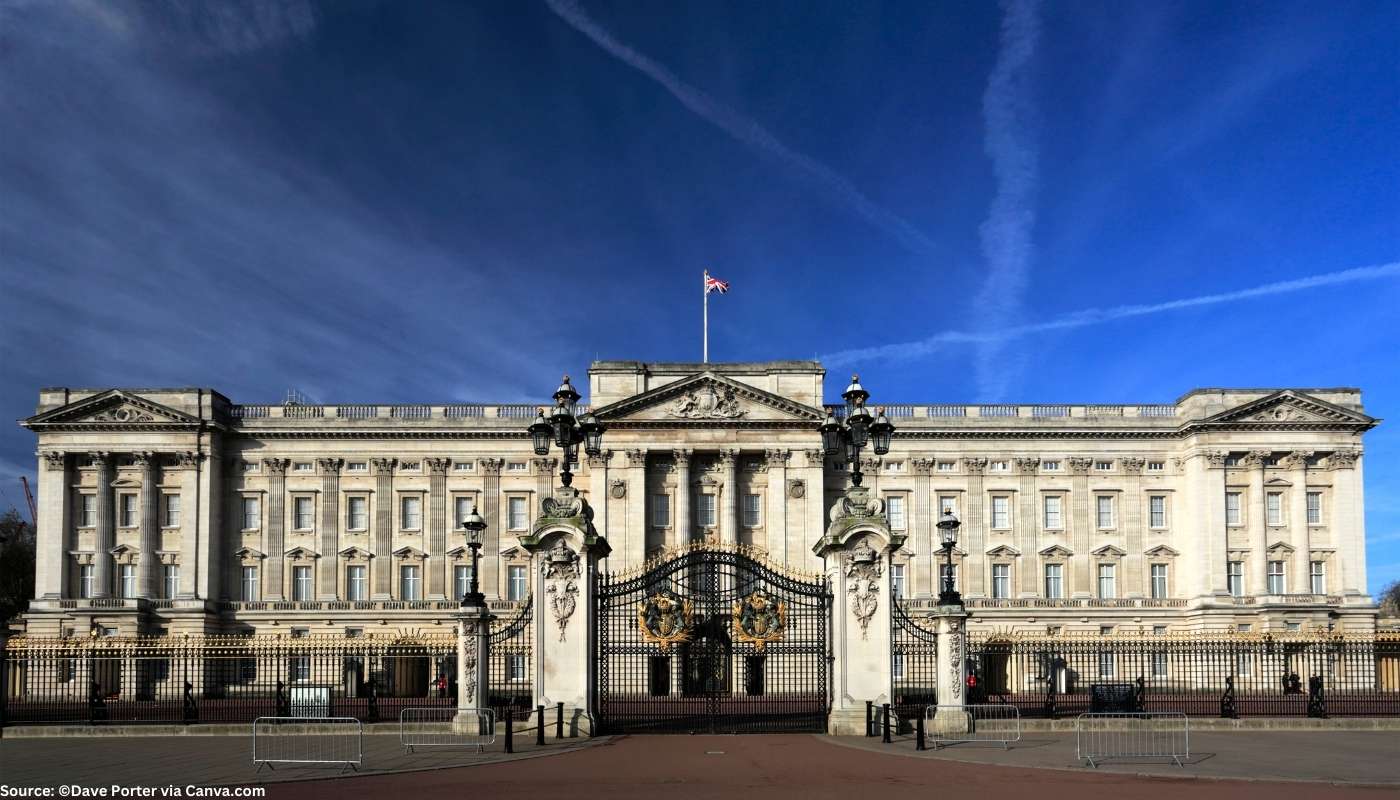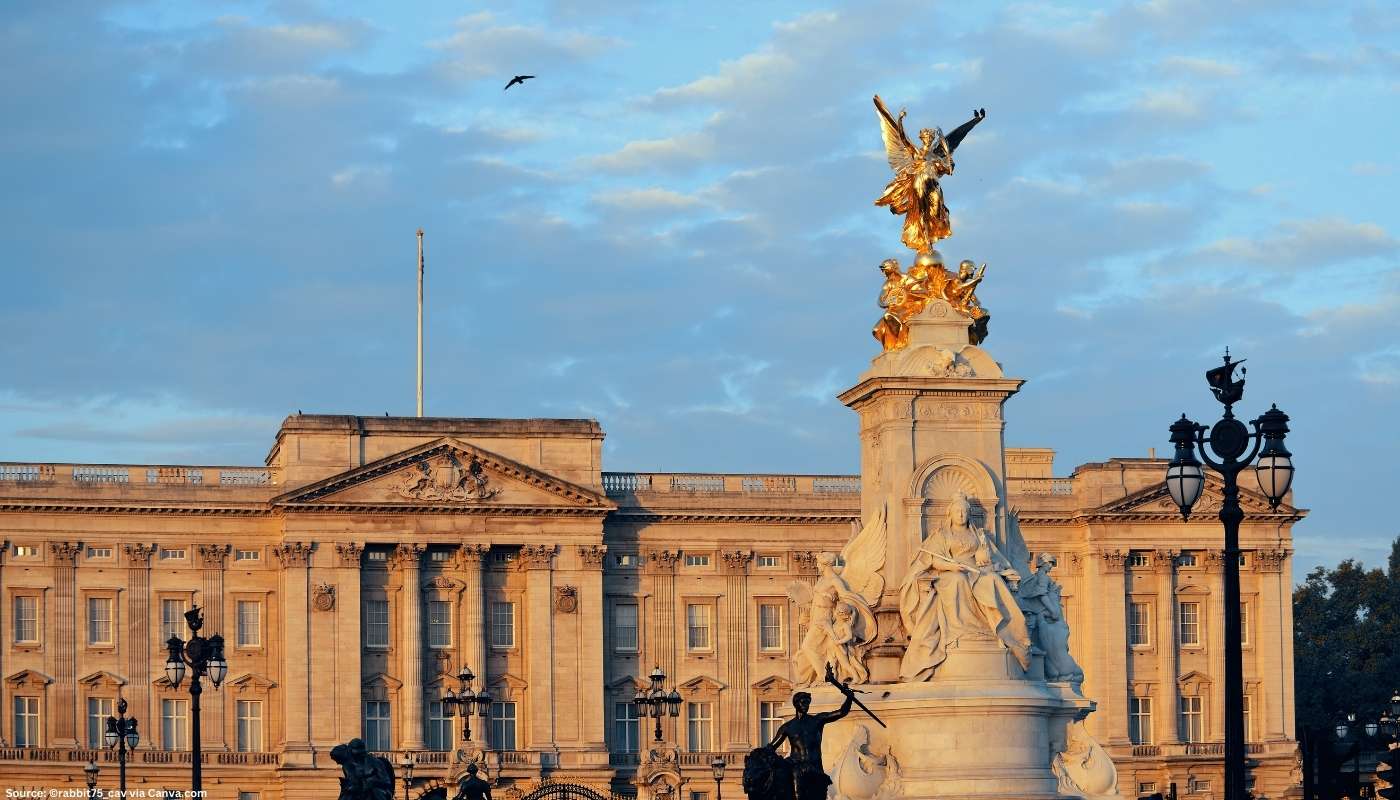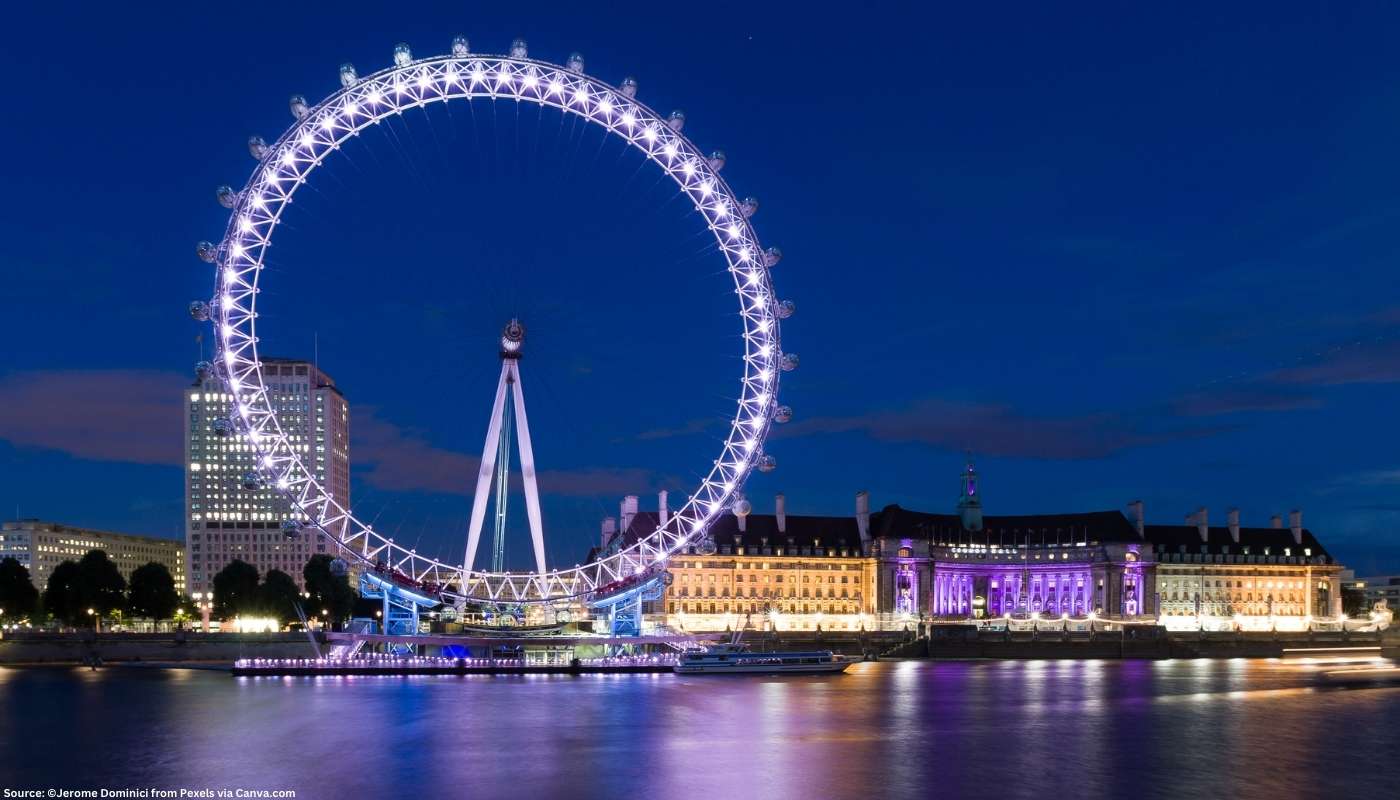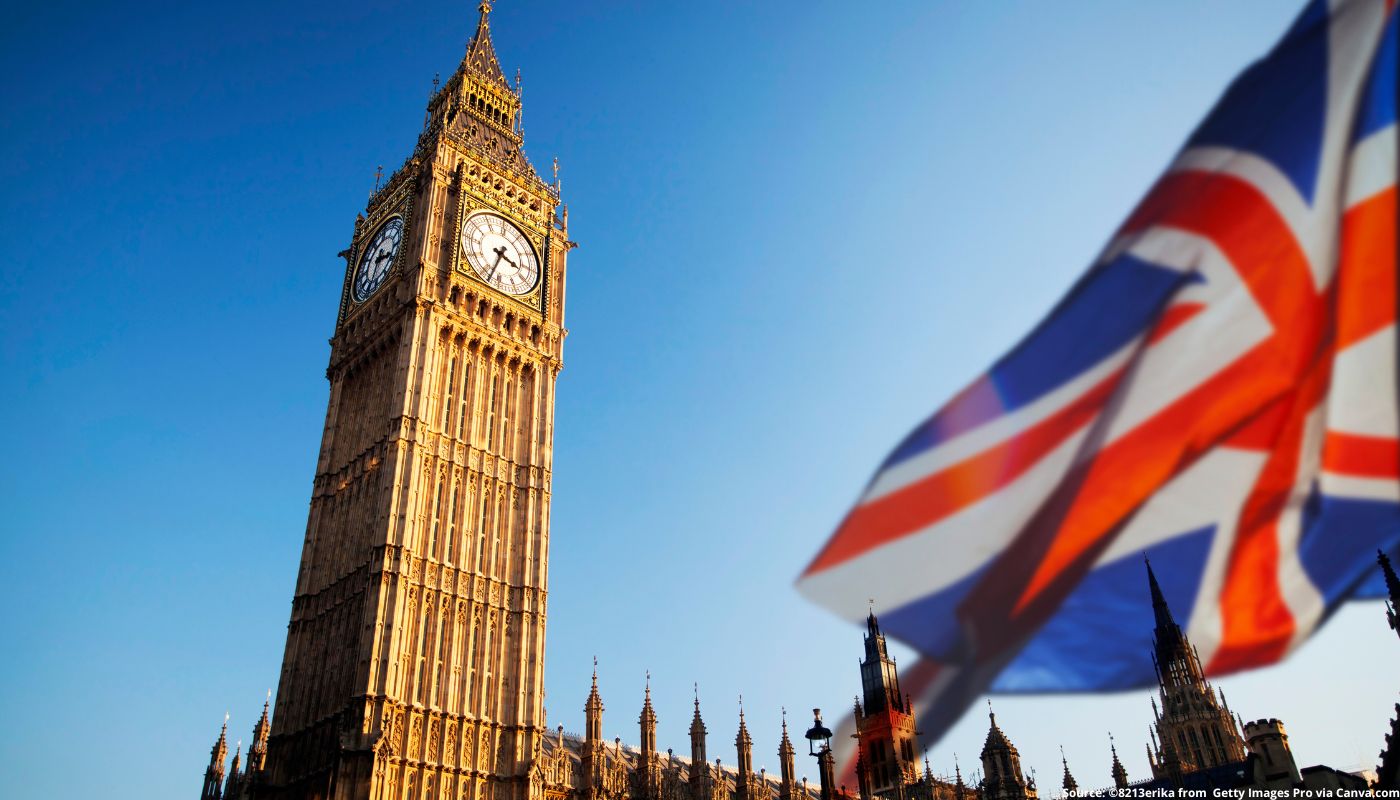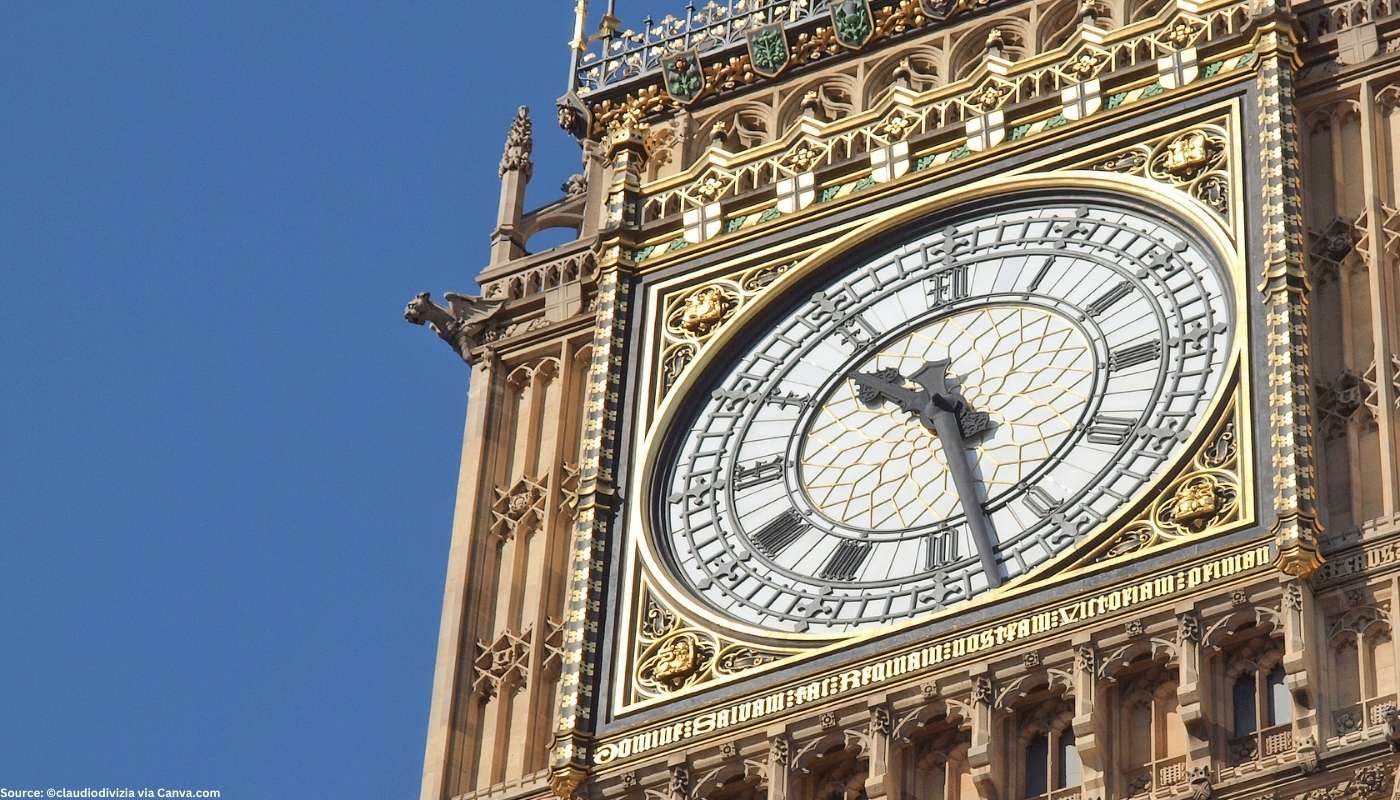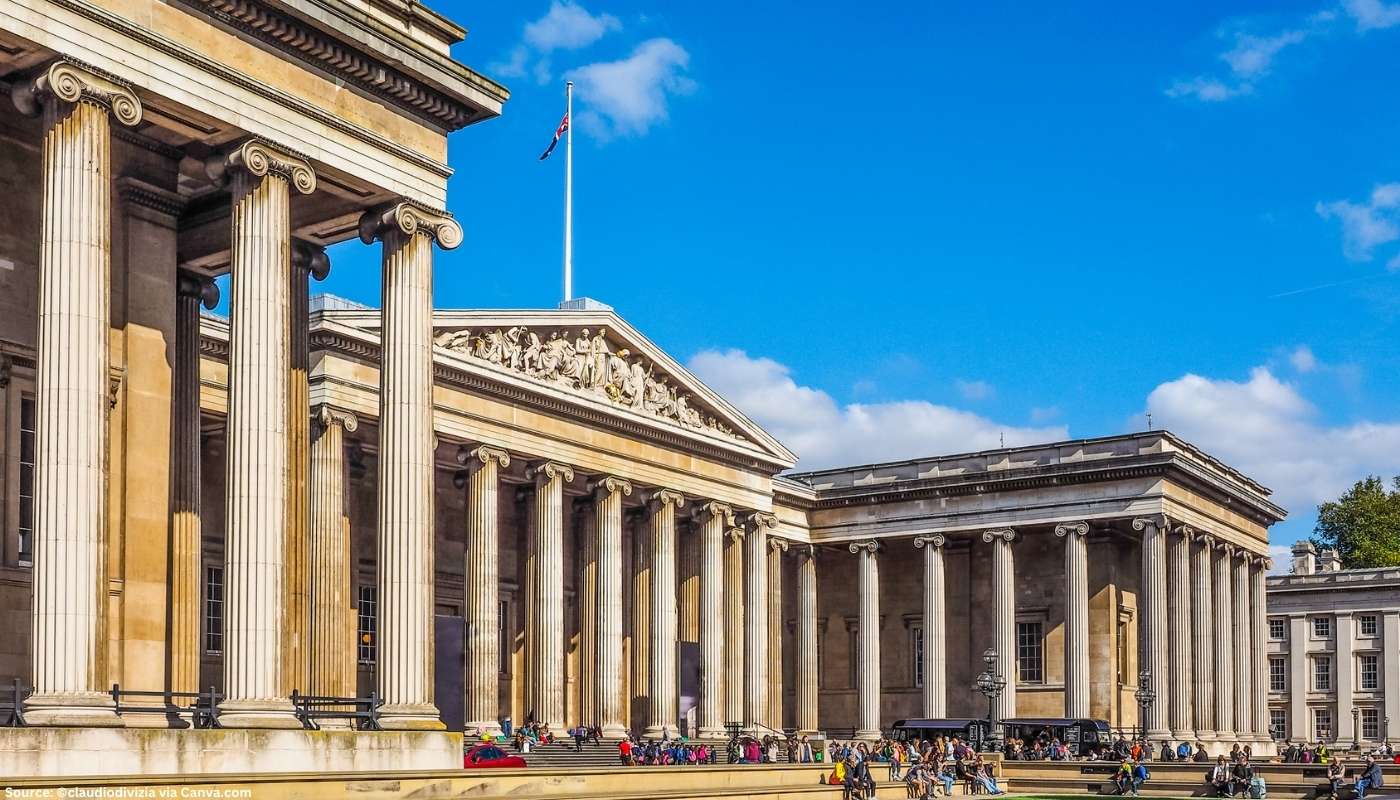When to visit England during the year?
England experiences a temperate maritime climate, making it a year-round destination, though visitor numbers peak during summer, especially from June to August. Summer is perfect for exploring famous attractions like the Tower of London and outdoor festivals such as the Edinburgh Festival Fringe (just across the border in Scotland). Spring, from March to May, is ideal for enjoying picturesque gardens like Kew Gardens in bloom. Autumn offers beautiful landscapes as leaves change color, perfect for visiting historic sites like Stonehenge. Winter, while chillier, is enchanting with Christmas markets in cities like Manchester and London. Statistics show that London attracts over 19 million visitors each year, with summer being the busiest season.
How to get to England?
England is a well-connected country, making access straightforward via multiple transport options. International travelers can arrive by plane, train, bus, or even drive to reach England. Major cities have extensive transport systems, enabling smooth transitions from airports or stations to your final destination.
- Main airports include Heathrow (LHR) and Gatwick (LGW) in London, Manchester Airport (MAN), and Birmingham Airport (BHX).
- Major international routes connect from continents: New York (JFK) to London, Sydney (SYD) to London, Dubai (DXB) to London, Johannesburg (JNB) to London, Tokyo (NRT) to London, and a hub in Paris (CDG) for European connections.
- Low-cost airlines like easyJet and Ryanair operate throughout Europe.
- Average flight times: NY to London - 7 hours, Sydney to London - 22 hours, Dubai to London - 7 hours.
- Main bus stations are Victoria Coach Station in London and National Express services throughout the country.
- Bus routes connect England with Ireland, Scotland, and Wales.
- International Eurostar services link London with Paris and Brussels.
- Duration from London to Paris is about 2 hours 15 minutes, and to Brussels, around 2 hours.
- Main highways include the M1 from London to Leeds, M6 to Manchester.
- Distances from major cities: London to Manchester - 200 miles, London to Edinburgh - 400 miles.
- Road conditions are generally good, with tolls on some motorways.
Tourist activities in England
England offers a vibrant tapestry of activities that cater to a variety of interests. For history enthusiasts, cities like Bath and York boast rich Roman and medieval history, respectively. Explore the ancient streets of Oxford and Cambridge, renowned for their universities. Nature lovers can venture into the picturesque Cotswolds, hike in the Lake District, or walk along the Jurassic Coast, a UNESCO World Heritage site. If you're looking for excitement and culture, London doesn’t disappoint; visit world-class museums and theaters in the West End, or enjoy the lively atmosphere at Borough Market. In terms of sports, attending a football match at a local pub can provide an authentic experience. Various festivals throughout the year showcase the creative spirit of the country, including the renowned Glastonbury Festival for music lovers. Whether you’re seeking culture, adventure, or relaxation, England is full of unique experiences.
Accommodation in England
Accommodation in England ranges widely in options and prices. You can find luxurious hotels like The Ritz in London to budget-friendly hostels scattered across cities. Average nightly prices vary—with central London hotels averaging between £100-£300, while smaller towns offer more affordable rates around £70-£150. Renting a flat or an Airbnb can also be a fantastic alternative, providing a home-like atmosphere. For unique experiences, consider staying in historic inns or bed-and-breakfasts, which often offer personal touches and local knowledge. Be mindful of seasonal changes; hotel prices spike during summer and major events, so it's advisable to book in advance during peak times.
Food in England
English cuisine is known for its hearty dishes and rich flavors. Signature meals like fish and chips, roast dinners, and full English breakfasts dominate menus across the country. Be sure to try regional variations, such as Cornish pasties from Cornwall and Yorkshire pudding from Yorkshire. The country also boasts a vibrant pub culture, where you can enjoy classic ales alongside traditional pub fare. Average meal prices range from £10-£20 at casual restaurants, while fine dining can start at around £50 per person. Don’t miss tasting the diverse array of international cuisines available in cities like London, reflecting its multicultural fabric.
Important numbers and information
- Emergency Services: Police - 999; Ambulance - 999; Fire Brigade - 999.
- Embassies: U.S. Embassy - 24 Grosvenor Square, London, W1K 6A.
- Airports: Heathrow Airport, Longford, Hounslow TW6 1AP; Gatwick Airport, Gatwick Way, London; Manchester Airport, Manchester M90 1QX.
- Currency: British Pound Sterling (GBP); major credit cards widely accepted.
- Visa/Passport: Most travelers need a valid passport; check visa requirements for your nationality online before your trip.
What to see in England?
England is brimming with fascinating attractions that draw millions of visitors each year. London, the capital, is home to iconic landmarks like the Tower of London, Buckingham Palace, and the British Museum—all must-sees for first-time visitors. Bath, with its ancient Roman baths, offers a glimpse into history, while the stunning stone circles of Stonehenge captivate the curious. In the north, places like Manchester thrive on music and sports culture, and the beautiful Lake District offers breathtaking landscapes. The coastal towns of Brighton and Bournemouth are perfect for a seaside escape, boasting sandy beaches and vibrant atmospheres. Whether exploring urban centers or historic sites, England promises unforgettable experiences.
History, geography and climate
England's rich history spans thousands of years, marked by significant events such as the Roman conquest, the Norman invasion, and the establishment of the British Empire. Geographically, it boasts diverse landscapes—from rolling hills to bustling cities, the scenic Cotswolds to coastal cliffs. England is bordered by Scotland to the north and Wales to the west, with the North Sea and English Channel to the east and south. The climate is characterized by mild temperatures; average summer highs reach around 21°C (70°F), and winters hover around 7°C (45°F). Rain can be frequent, so packing an umbrella is wise for travel throughout the year.
Population and culture
England is home to a population of approximately 56 million, with a rich tapestry of cultures and traditions. English is the predominant language, while cities celebrate their diversity with populations that speak Urdu, Punjabi, Polish, and many others. Predominantly Christian, England is noted for its inclusiveness and respect for various religions. Cultural traditions include the famous afternoon tea, celebrating Guy Fawkes Night with fireworks, and summer music festivals. Unique customs can be observed during holidays, such as Christmas and Easter, showcasing rich traditions and local flavors. England's culture is also deeply tied to its literature, with renowned authors like Shakespeare and Dickens shaping its literary identity.

